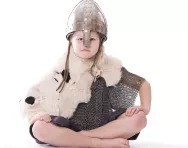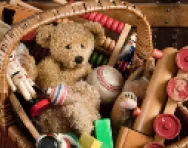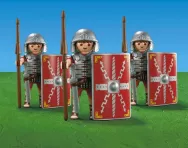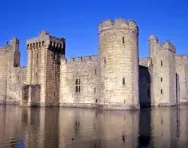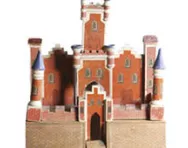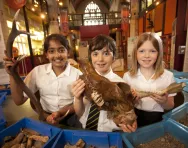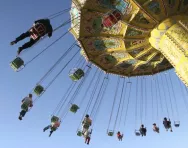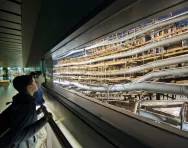Important update from TheSchoolRun
For the past 13 years, TheSchoolRun has been run by a small team of mums working from home, dedicated to providing quality educational resources to primary school parents. Unfortunately, rising supplier costs and falling revenue have made it impossible for us to continue operating, and we’ve had to make the difficult decision to close. The good news: We’ve arranged for another educational provider to take over many of our resources. These will be hosted on a new portal, where the content will be updated and expanded to support your child’s learning.
What this means for subscribers:
- Your subscription is still active, and for now, you can keep using the website as normal — just log in with your usual details to access all our articles and resources*.
- In a few months, all resources will move to the new portal. You’ll continue to have access there until your subscription ends. We’ll send you full details nearer the time.
- As a thank you for your support, we’ll also be sending you 16 primary school eBooks (worth £108.84) to download and keep.
A few changes to be aware of:
- The Learning Journey weekly email has ended, but your child’s plan will still be updated on your dashboard each Monday. Just log in to see the recommended worksheets.
- The 11+ weekly emails have now ended. We sent you all the remaining emails in the series at the end of March — please check your inbox (and spam folder) if you haven’t seen them. You can also follow the full programme here: 11+ Learning Journey.
If you have any questions, please contact us at [email protected]. Thank you for being part of our journey it’s been a privilege to support your family’s learning.
*If you need to reset your password, it will still work as usual. Please check your spam folder if the reset email doesn’t appear in your inbox.
Foundation Stage history curriculum
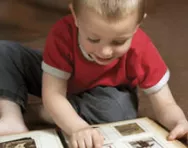
Foundation Stage history is part of the national curriculum’s learning objectives for developing children's understanding of the world, so they will learn through experiences that introduce the concept of time and change.
Your child’s teacher may ask ‘What happened next?' after reading a story or looking at other sequences of events, such as getting dressed, planting a seed or making a sandwich. A popular focus is to get children to bring in photographs of themselves as babies and to discuss how they have changed over time.
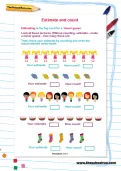
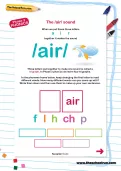
Start the Reception Learning Programme!
- Weekly maths & English worksheets direct to your inbox
- Follows the National Curriculum
- Keeps your child's learning on track
Your child will also explore patterns and routines and may be given opportunities to take part in events to celebrate time, like planting an anniversary tree. It’s common for children to be encouraged to record their findings by drawing or writing.
Lessons examples
Intrigued as to what your child will do in class? Here’s some examples of the ways history is brought to life for younger students:
- A group of children look at photographs of themselves and each other as babies and compare what they can do now with what they could do then.
- During the spring and summer, children observe the life cycle of frogs, butterflies and annual plants in the garden and describe and draw the changes over time.
- Children might bring in items from home to talk about, such as old toys their grandparents played with when they were little.
Help your child at home
- Encourage your child's awareness of features in the area you live. Point out how some buildings look older than others.
- Take your child to museums, galleries and history-themed events.
- Discuss events that occur regularly within your child's experience, for example seasonal patterns, daily routines and celebrations.
- Help your child to develop a sense of change over time and help them to differentiate between past and present by growing plants or looking at photographs of their life. Talk about past and present events in their own lives and in those of other members of the family or friends.
- Encourage investigative behaviour and raise questions such as, ‘What do you think?', ‘Tell me more about?', 'What will happen if..?', ‘What else could we try?', ‘What could it be used for?' and ‘How might it work?'
- Use language relating to time in conversations, for example, ‘yesterday', ‘old', ‘past', ‘now' and ‘then'.
- Read stories that introduce a sense of time and people from the past.
